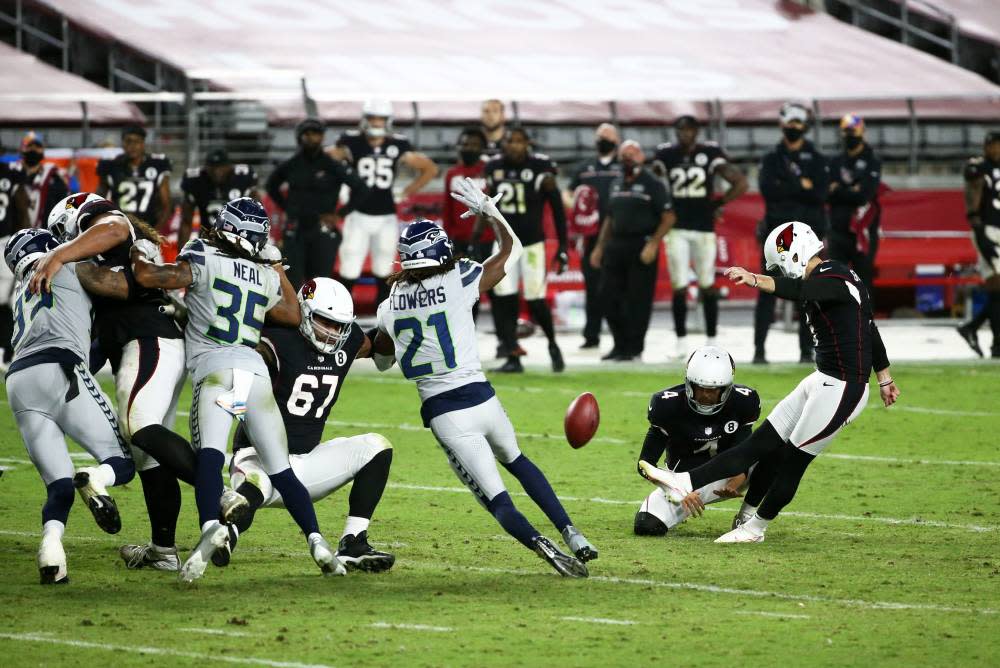Jose Cil, CEO of Restaurant Brands International, speaks during an interview with CNBC on the floor at the New York Stock Exchange, November 6, 2019.
Brendan McDermid | Reuters
Restaurant Brands International on Tuesday reported that its quarterly revenue fell 8% as Burger King and Tim Hortons sales struggled to bounce back from the coronavirus pandemic.
Popeyes, however, once again reported double-digit same-store sales growth, thanks to the popularity of its chicken sandwich.
Shares of the company, which had released preliminary same-store sales results earlier this month, were down 2.4% in premarket trading.
Here’s what the company reported compared with what Wall Street was expecting, based on a survey of analysts by Refinitiv:
- Earnings per share: 68 cents, adjusted, vs. 63 cents expected
- Revenue: $1.34 billion vs. $1.34 billion expected
The restaurant company reported fiscal third-quarter net income of $145 million, or 47 cents per share, down from $201 million, or 75 cents per share, a year earlier. Temporary restaurant closures and other costs related to the pandemic weighed on profits.
Excluding corporate restructuring fees and other items, Restaurant Brands earned 68 cents per share, topping the 63 cents per share expected by analysts surveyed by Refinitiv.
Net sales dropped 8% to $1.34 billion, matching expectations. Burger King reported same-store sales declines of 7%, while Tim Hortons same-store sales fell by 12.5%. The Canadian coffee chain typically accounts for more than half of Restaurant Brands’ revenue. The pandemic not only disrupted coffee drinkers’ normal routines, but also hindered efforts to revitalize Tims’ sales.
Popeyes, the only Restaurant Brands chain to report positive same-store sales growth, saw sales at restaurants open at least 17 months grow 17.4% in the quarter. Even with its recent success, the fried chicken chain accounts for only a tenth of Restaurant Brands’ net sales.
Restaurant Brands said it expects to see a continued impact from the pandemic on its fourth-quarter results.
Despite the sales downturn, the company is still investing in its restaurants. Restaurant Brands announced plans to revamp thousands of its drive-thru lanes across the three brands, starting with 10,000 Burger King and Tim Hortons locations. Contactless payment methods and digital menu boards that change display options based on weather, previous orders and other factors are among the changes.








